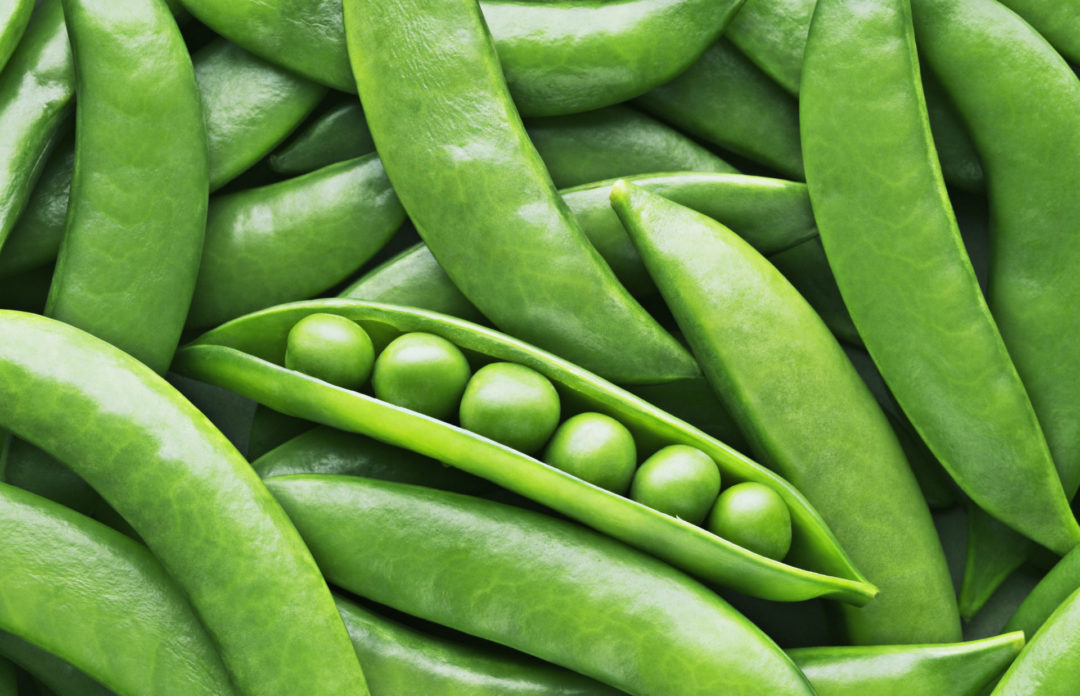"PURIS is a game changer in terms of taste and vertical integration in pea protein," said David Henstrom, vice president, Cargill Starches, Sweeteners and Texturizers, in a press release. "Cargill is excited to expand into the emerging pea protein space while continuing to support our conventional agricultural crops. It's clear that PURIS is in alignment with Cargill's vision to meet the growing demand for protein globally and to help customers deliver label-friendly products without sacrificing taste."
"Cargill's financial backing and market reach will power significant expansion of our operation globally. We will add substantial capacity, including a second plant, while maintaining our focus on U.S. production," says PURIS President Tyler Lorenzen. "Cargill is investing in everything PURIS stands for, from our vertically integrated non-GMO pea seed development to our proprietary technologies and our commitment to U.S. Certified Organic pea farmers."
> David Henstrom and Tyler Lorenzen Expand on Pea Protein Partnership
A growing number of consumers are looking for great taste, simpler labels and alternative sources of protein to solve their personalized nutrition choices. Manufacturers are turning to pea protein because of its functional and nutritional attributes. As reported in Food Dive, the appeal for consumers is that pea protein is a non-allergenic, non-GMO and environmentally friendly ingredient — especially when compared to other commonly used protein sources like soy and whey. While whey protein is the most popular fortification product on the market, more consumers are considering plant-based protein sources for their health and environmental benefits.
The list of health benefits for pea protein is long. It is cholesterol-free, helps with satiety and blood pressure, and lowers triglycerides and cholesterol. For elderly or ill consumers, it is more easily digested than animal-derived proteins. Major pea protein supplier Roquette has also done research that suggests it isjust as effective as wheyfor enhancing muscle mass gain during weight training.As reported inWhole Foods Magazine, when plant-based proteins began targeting the everyday vegan trying to get extra support in their diet, it made protein less intimidating for everyone, truly expanding the category beyond cross-fit athletes and frat-house kitchens. This reflects what’s happening in plant-based as a whole: most plant-based consumers are not vegan or vegetarian. The advances plant-based food manufacturers have made in taste and texture of their products have been immense, winning the business of all types of consumers.










